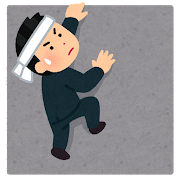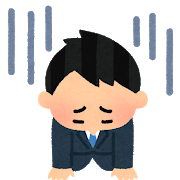What is Burasagashi(ぶらさがり) employee in Japan?

There are so many Buzzwords in Japanese companies 🙂
Japanese companies often say, "He's a hanging(Burasagari ぶらさがり) employee."
What does this mean? Many foreigners ask questions.
Searching for some definition at website,
A "hanging employee" is one of the types of so-called problem employees, who have a weak commitment to work and organization, and while they do the tasks they are instructed to do and the work they are given, they never try to fulfill more than they are required to do.
ぶら下がり社員とは――意味と特徴、会社にぶら下がってしまう原因は - 『日本の人事部』 (jinjibu.jp)
Although there is the above definition, even Japanese people have not decided on that definition.
Why are hanging employees bad?
In Japan, hanging employees have a bad impression. Alternatively, you may call yourself a hanging employee, which is an example of demeaning.
But it's a little strange if the definition of hanging is that it only has a given job.
Because if you're doing a good job, you don't know why it's hanging or denied.

The magic of Japanese membership type
It is said that the business execution system in Japan is not a JOB type but a membership type. This is a form of work execution that is rare in the world, and it is a form that fills the work with communication between people without clarifying the scope of work.
Therefore, in a company where a membership-based culture is rooted, you should not do only your own range of work. Companies that are required to work beyond their own scope call employees who cannot do so "hanging ぶらさがり".
However, it is permitted to shift to the Western-style JOB type of Japan, and such a membership type will be obsolete.
Even among Japanese people, there is a debate about whether hanging employees are really bad.
For example, we shouldn't deny people who are volunteering outside the company, not to mention doing only the given work well within the organization.



